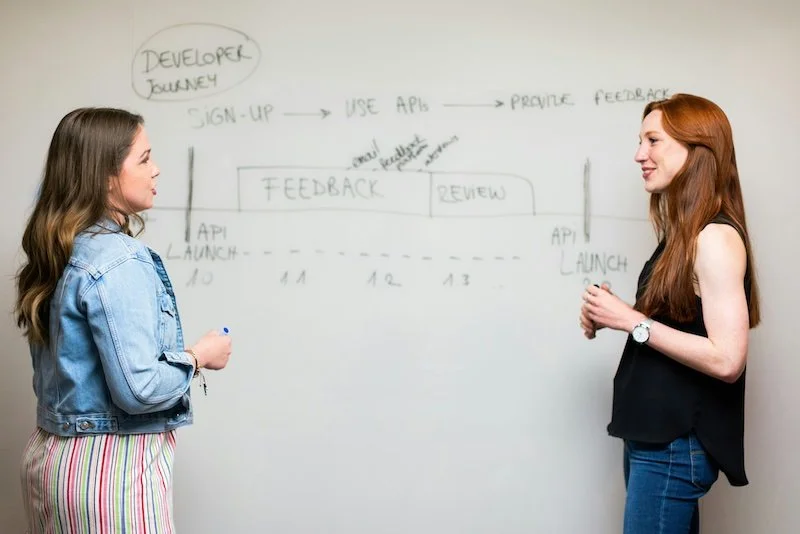The Holidays in Survival Mode: How to Care for Yourself While Supporting Your Autistic Child
/I have to admit, I struggle each holiday season. While, on paper, the wacky clothes days at school, holiday get togethers and family outings, seem like fun, the reality is they’re incredibly dysregulating for my autistic child and our family.
Each December is a month of meltdowns, irregular sleeping patterns, and early pickups from school (from more meltdowns). The change in routine, that took months to establish, causes chaos not fun.
I know I’m not alone in carrying a heavy emotional load over the holiday season.
So, what can be done to not only support our kids, but also make sure we, as caregivers, don’t fall apart along the way?
Read More










